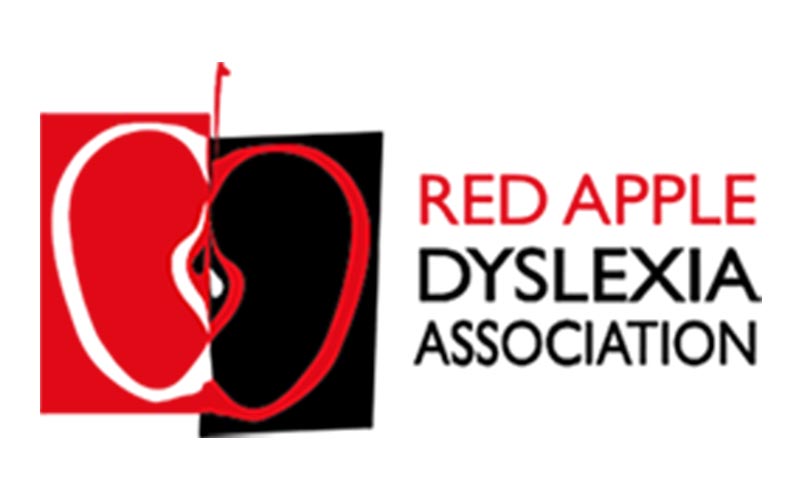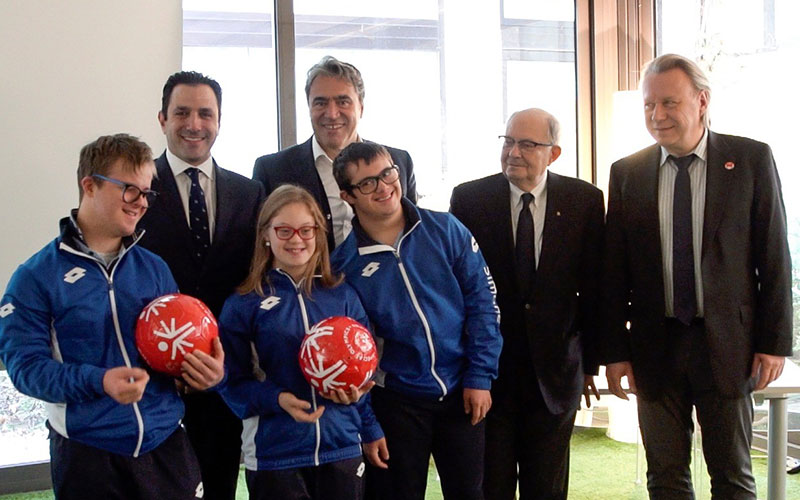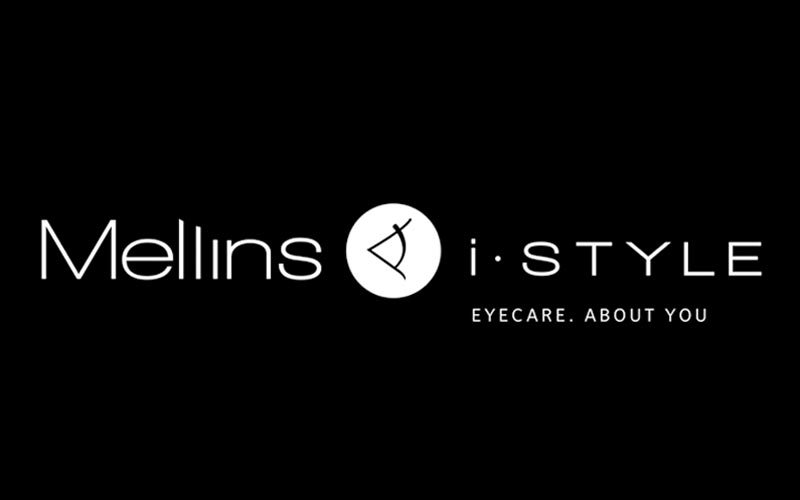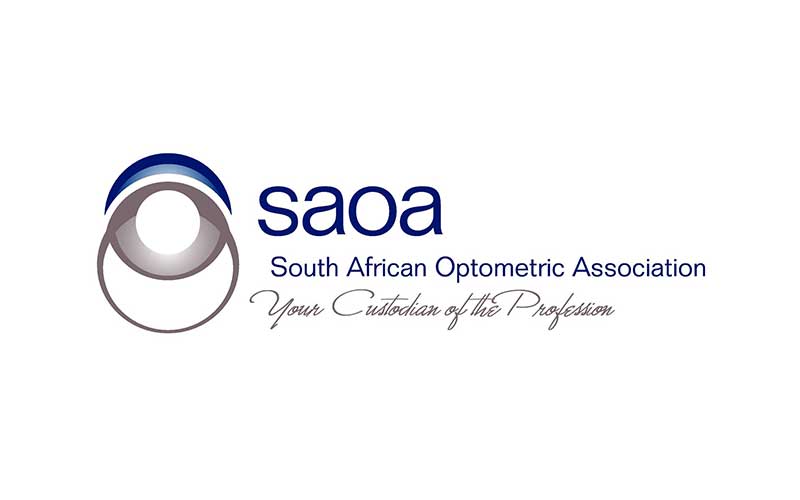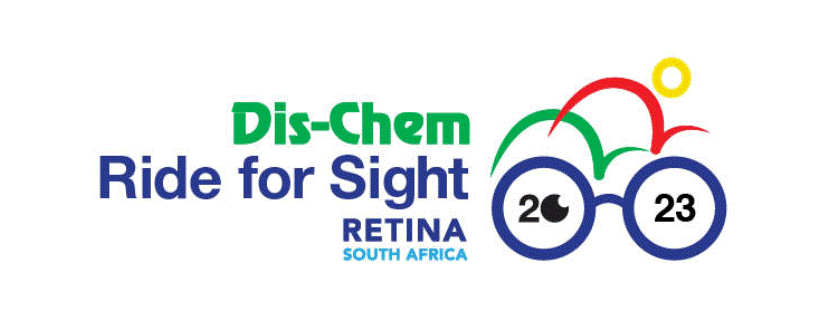Inläsningstjänst AB is the Swedish company providing audio books to all dyslexics in Sweden. Five directors of RADA met with them on Sunday, 8 February at the airport before they returned from a trip to Sun City.
Although they are 25 years ahead of us regarding the concessions and accommodations in their country for dyslexics, we could learn so much from them.
Being internationally involved in striving to give dyslexics the life they deserve in schools and work environment over the globe, is part of our mission and vision.
This company produces all textbooks in audio book format and have already got 4000 books in their library.
In Sweden and in the Scandinavian countries it is law that dyslexia is a disability and schools are obligated to adhere to specific accommodations and concessions throughout the country. They also have a special needs teacher for each grade.
This is surely a dream we can work towards!
Just bear in mind that we are where they were 25 years ago. Someone needs to start making a difference.

RADA endeavours to connect with international organizations concerned with dyslexia and we also aim to become the first southern global partner of the IDA (International Dyslexia Association) in Africa besides Egypt and Ethiopia.
We have also recently had conversations with Belgium who contacted us through our website.
We look forward to hearing from them as well.
Together with Wanda Geldenhuys, RADA’s new secretary, we have submitted our comments regarding dyslexia as an invisible disability for the Disability Rights of the latest Government Gazette and are awaiting their response.

On Friday, 20 February 2015, I was invited to partake in a panel discussion at the international congress of the IACESA in Cape Town.
Prof. Julian Elliott was the guest of honour and also the author of the controversial book he published last year titled: “The Dyslexia Debate”.
Of course I become very warm around the collar and gave people in the audience a piece of my mind since there is no way that the term DYSLEXIA should be dismissed and people suffering from dyslexia, parents of dyslexic children and most dedicated teachers know that dyslexia is very REAL!
It is apparent that a proper diagnosis is required and it seems like South Africa and the others in the world that do use the Stark-Griffin dyslexia diagnostic test are for sure way advanced in terms of diagnosis.

There is no way that the term ‘dyslexia’ has outgrown its conceptual and diagnostic usefulness. The dyslexia construct, when sub- categorised, is adequate for both classification and diagnosis. In science this classification acts as a tool to enable communication between researchers, educators, professionals, parents and the society.
I embrace the term “dyslexia” with all its subcategories and encourage everyone to recognize and relate to the subtypes in such a way that it becomes the global reference manual for all professions involved. The DSM V therefore needs to extend and integrate the specific classification of dyslexia.

Conclusions and comments:
- There is a need for identification and correct diagnosis of dyslexia.
- Proper assessment and diagnosis are required for effective interventions, concessions and accommodations to be implemented.
- In the USA dyslexia legislation is being advanced at both state and national levels.
- In the UK students can qualify for support based on being identified as dyslexic.
- In the Scandinavian countries dyslexia is also by law recognized as a disability and therefore all schools need to adhere to government policy in providing the necessary accommodations and concessions to dyslexic pupils.
- RADA recently met with the company, Inläsningstjänst AB, from Sweden who produces all school textbooks from grade 1 to 12 in audio book format. They have 4000 books in their library.
- Since 2012 Italy has recognised dyslexia as a specific learning disability and they have enforced the law to apply a number of exemptions granted to students and adults that have officially been diagnosed with dyslexia.
- In South Africa the latest conduct for concessions and accommodations regarding learning and reading as well as other disabilities was tabled on 16 May 2014. All the districts of the Department of Inclusive Education are obliged to adhere to this conduct.
- Misconceptions about dyslexia have caused many dyslexics to develop secondary psychological problems. Knowing that dyslexia is a neurological disorder and most often inherited, creates a sense of acknowledgement with the dyslexic person that he/she only thinks differently. This is certainly not an excuse to be called “dumb”, lazy or stupid.
- Even Rosenthal proved many years ago that the self-esteem of a group of dyslexic boys who were aware of their dyslexia diagnosis, was significantly higher than the control group of dyslexic boys who did not have insight into their problem.
- Surely being diagnosed with diabetes offers a much better prognosis to the treated patient than being left undiagnosed and treated?
- The fact of the matter is that dyslexia cannot be outgrown because you cannot rewire the brain although you can train it to adapt!
- What about ADHD or autism? Shall we redefine or rephrase the terms? Or is ADHD rather a matter of misbehaving and autism a sign of antisocial behaviour only? Shall we then rewrite the DSM V?
- Other neuro-developmental disorders such as autism spectrum disorder, specific language impairment, attention deficit hyperactivity disorder, developmental dyspraxia and dyscalculia are all beset by the same issues: there is no diagnostic biomarker, the condition is defined purely in terms of behaviour, different disorders overlap and there is no clear boundary between disorder and normality.
- Similar issues have been much discussed in relation to adult psychiatric disorders, which are also diagnosed in terms of behavioural features rather than biological tests. Referring to Kendell & Jablensky’s paper of 2003, they came to the conclusion that the categories of schizophrenia and depression are massively problematic in terms of validity and reliability. Just like dyslexia, they don’t constitute natural categories clearly demarcated from other disorders, and furthermore, people can’t even agree on who merits these diagnoses. So should we just stop using these labels? Kendell & Jablensky considered the possibility but concluded it would be impossible to abandon terms like schizophrenia and depression, on the grounds that they have utility. These labels have been used for many years by practitioners to determine the most effective intervention, and by researchers interested in discovering the underlying causes and likely outcome of a disorder. Similarly, using the construct of “dyslexia” we have discovered much about the nature of the cognitive deficits that characterise many poor readers, about underlining causes, about outcomes, and about effectiveness of intervention. For instance, we know that genes play a part in determining who is a poor reader, and that many children who have poor literacy skills also have subtle problems with oral language.
- I believe and know dyslexia is a reading, spelling and writing disability. It is an invisible disability and often disregarded as one.
- Why do we not force paraplegics to use a staircase but we do force dyslexics to read, write and spell correctly?
- For too long dyslexics have been disregarded and ignored as capable and often gifted, talented human beings.
- Dyslexics are barred from normal society because of neurological differences in the way they think and process language, just as left-handed writers are as much a part of normal society as right-handed writers.
- Dyslexia exists despite intervention! I refer to Graham Stringer and the storm he caused by arguing that a brain disorder called dyslexia was invented to take away the blame of poor teaching methods.
- How ironic! If the entire worlds’ educational system lacks effective teaching methods, should this then be the cause of dyslexia in those countries too?
- Teaching methods cannot be held responsible for dyslexia and certainly is not the cause thereof.
- We really need to escape this polarised view of children’s problems being caused either by a medical disease or by poor teaching. Yes, some children’s reading progress may be retarded due to teachers not knowing about or rejecting evidence-based methods of teaching, this is seldom black and white, and some children fail despite intensive, high quality teaching.
- (Trevor Ncube, editor of five publishing companies including the “Mail and Guardian” in South Africa, is a dyslexic adult who despite more than adequate schooling still battles to read and spell.)
- An agreement on diagnosis is required and vital.
- A diagnosis will alter the remedy by focusing on enhancing the individual’s strong features and capabilities while eventually working on the weaker areas.
- By diagnosing dyslexics, at-risk cases can be identified, addressed and appropriately treated in schools, tertiary institutions and in the work environment.
- The diagnosis of dyslexia certainly has a positive effect on parents and children involved. It validates their concerns; ends the endless search to an explanation of why their child is battling to read, write and spell; and ensures they receive the support they deserve and need!
- In her eloquent defence of the word “dyslexia”, Maryanne Wolf, a leading reading scientist at Tufts University, stated that what is most important about this word is that it tells a child who struggles to read, “It is not your fault.”
- The term dyslexia also describes a community, a body of knowledge, a category of law, a more positive sense of self, and a belief about the progress we can achieve together.

